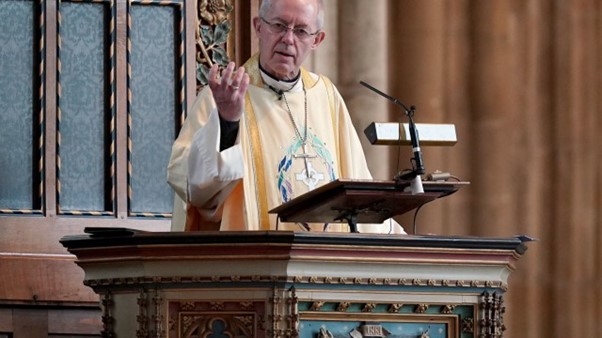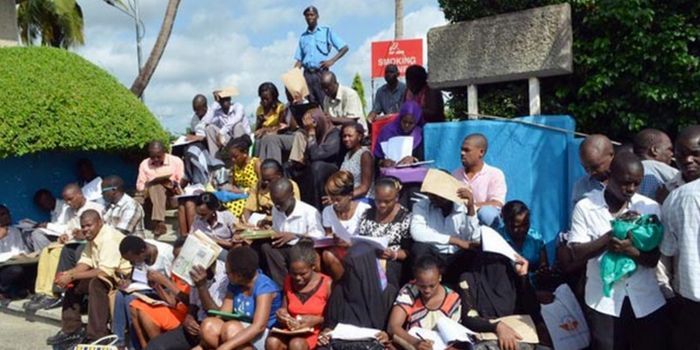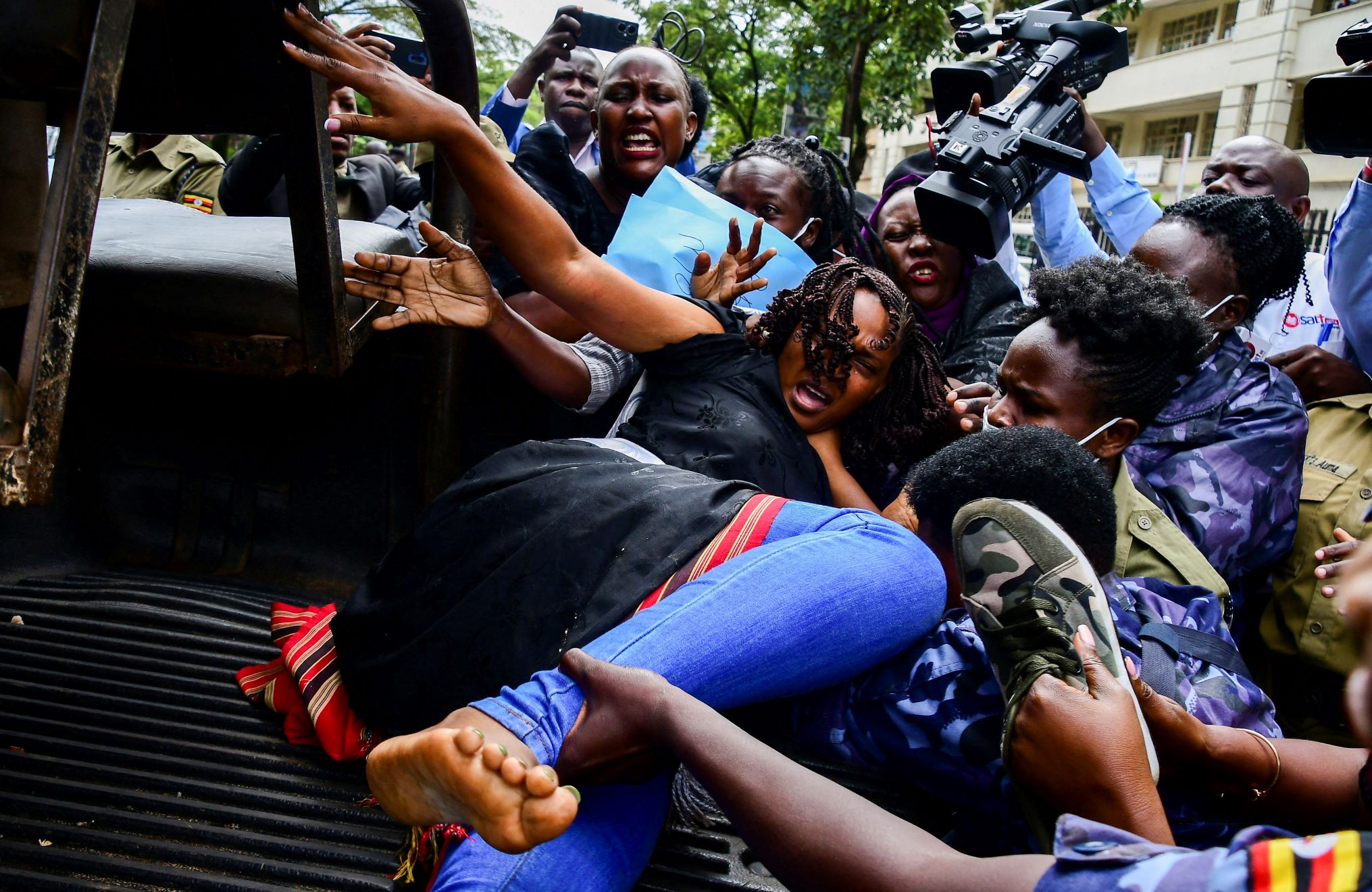Speaking in the House of Lords, the Most Rev Dr Justin Welby said the UK needed a bill to “stop the boats” and “destroy the evil tribe of traffickers”, but added that “without much change, this is not that bill”.
He told peers: “This bill fails utterly to take a long-term and strategic view of the challenges of migration and undermines international co-operation rather than taking an opportunity for the UK to show leadership as we did in 1951. There are too many problems for one speech in this bill.”
Dr Welby added: “It is isolationist, it is morally unacceptable and politically impractical to let the poorest countries deal with it alone and cut our international aid.”
He spoke during the first appearance in the House of Lords of the Illegal Migration Bill, which will give ministers powers to deport migrants who arrive via the Channel to Rwanda.
He also criticised the Government for trying to circumvent legal challenges, claiming that global conventions on refugees “are not inconvenient obstructions to get around by any legislative means necessary”.
The Archbishop warned the bill was a “short-term fix” that risked “great damage to the UK’s interests and reputation at home and abroad, let alone the interests of those in need of protection”.
It is the first time that the head of the Church of England has given his views on the current legislation which places a duty on the Home Secretary to detain and deport all Channel asylum seeker. i revealed on Tuesday that he would make such an intervention.
Last year, during a debate in the Lords on the small boats issue, Dr Welby attacked “harmful rhetoric” from Home Secretary Suella Braverman about the UK being subject to an “invasion”.
Speaking in December, Dr Welby urged politicians and the public to reject the “shrill narratives that all who come to us for help should be treated as liars, scroungers or less than fully human”.
Other leading figures in the church have hit out at the legislation. Earlier this month, the Rt Revd Dr Guli Francis-Dehqani, Bishop of Chelmsford who sits in the House of Lords, accused ministers of using rhetoric which “targets the victims” who deserve protection from “war and persecution”.
She added that not only was the legislation “immoral” but that it would fail in its objective of stopping small boat crossings, which continue to increase each year.
Paul Butler, the Bishop of Durham, who is another member of the 20 Lord Bishops in the upper chamber, also condemned the Government’s legislation, warning it would “inflict harm” and send people into “destitution”.
He added that the legislation must not pass in its current form and accused the Government in “abdicating in its moral and legal” duties to protect those fleeing persecution. By Eleanor Langford, I News









